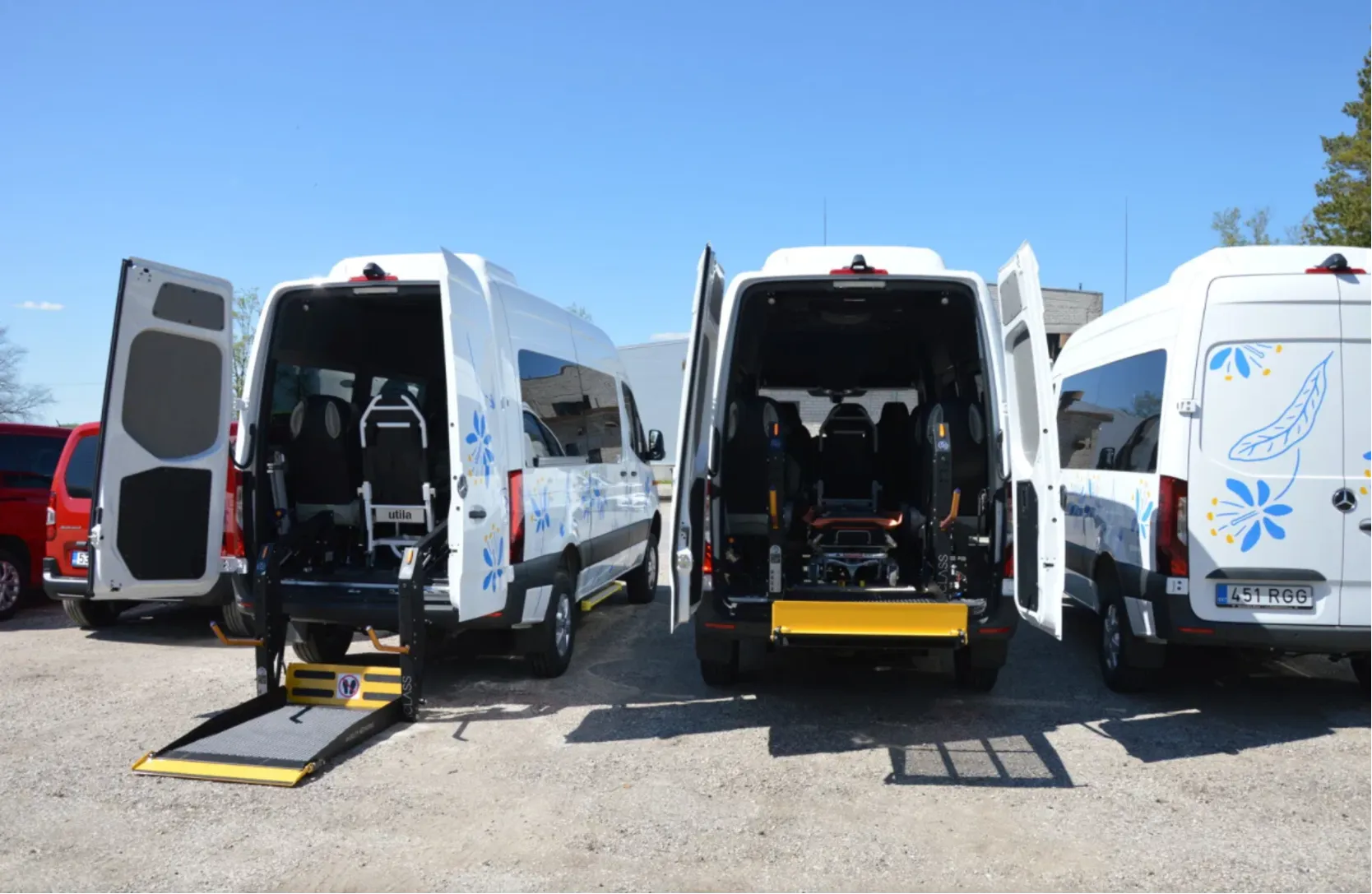Luxembourg’s integrated passenger transport system is to benefit from a new system for control, passenger information and electronic fare collection (e-ticketing). Init has been awarded a contract by the Luxembourg transport association to equip thirty-four private and three public transport companies with the system over the next three years. The contract also includes control centres and providing around 920 vehicles with hardware and software.
December 20, 2012
Read time: 2 mins
Luxembourg’s integrated passenger transport system is to benefit from a new system for control, passenger information and electronic fare collection (e-ticketing). 511 INIT has been awarded a contract by the Luxembourg transport association to equip thirty-four private and three public transport companies with the system over the next three years. The contract also includes control centres and providing around 920 vehicles with hardware and software.
Mobile, Init’s integrated product family, comprises software and hardware, ticketing solutions, data and voice radio systems, next stop displays and announcement systems, scheduling software for fixed-route and on-demand services, real-time passenger information at stops and stations, via the Internet or mobile phone, TSP (traffic signal priority), APC (automated passenger counting), and an integrated suite of planning and optimising tools. Its modular design means that all products can be used as a stand-alone system or be integrated, even with third-party systems.
A special feature of the project is the connection of the Luxembourg system to neighbouring light rail systems in Belgium, Germany and France. Init will also implement the interfaces for Luxembourg’s cross-border ticketing in these countries. The order also includes the supply of stationary ticket vending machines and passenger information displays.
Mobile, Init’s integrated product family, comprises software and hardware, ticketing solutions, data and voice radio systems, next stop displays and announcement systems, scheduling software for fixed-route and on-demand services, real-time passenger information at stops and stations, via the Internet or mobile phone, TSP (traffic signal priority), APC (automated passenger counting), and an integrated suite of planning and optimising tools. Its modular design means that all products can be used as a stand-alone system or be integrated, even with third-party systems.
A special feature of the project is the connection of the Luxembourg system to neighbouring light rail systems in Belgium, Germany and France. Init will also implement the interfaces for Luxembourg’s cross-border ticketing in these countries. The order also includes the supply of stationary ticket vending machines and passenger information displays.









